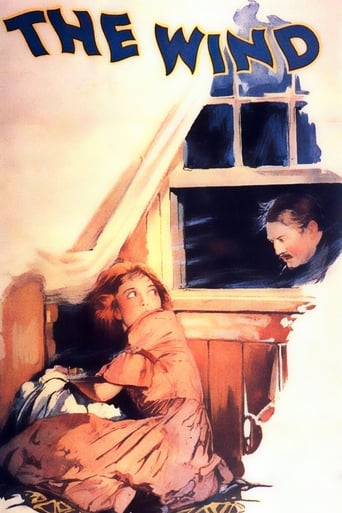


The Wind
When Letty Mason relocates to West Texas, she finds herself unsettled by the ever-present wind and sand. Arriving at her new home at the ranch of her cousin, Beverly, she receives a surprisingly cold welcome from his wife, Cora. Soon tensions in the family and unwanted attention from a trio of suitors leave Letty increasingly disturbed.
-
- Cast:
- Lillian Gish , Lars Hanson , Montagu Love , Dorothy Cumming , Edward Earle , William Orlamond , Carmencita Johnson


Similar titles



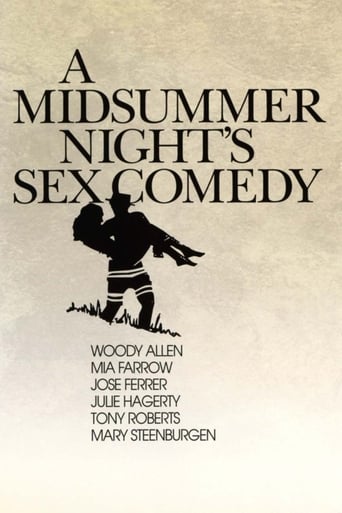
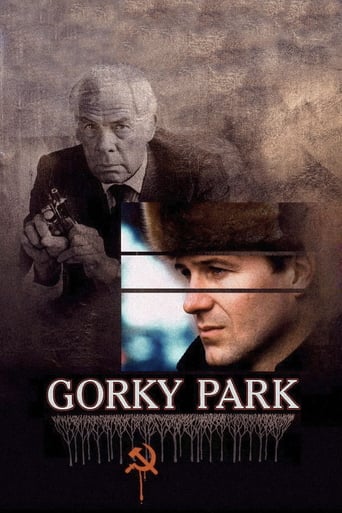
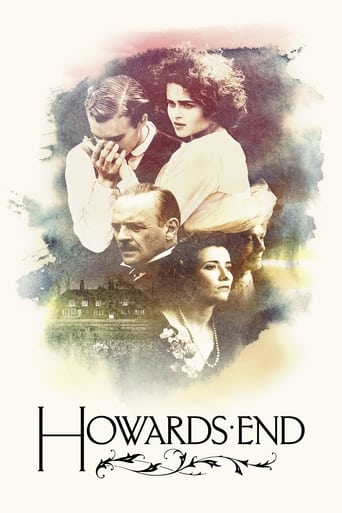

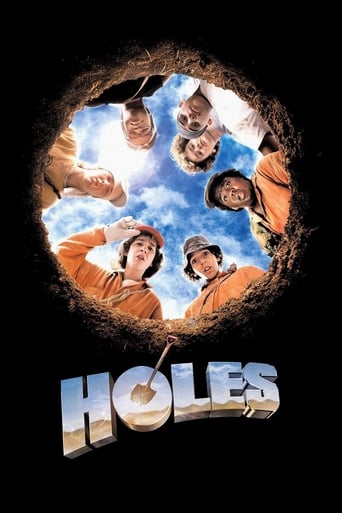
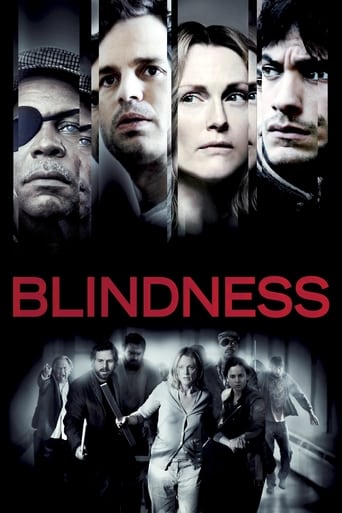
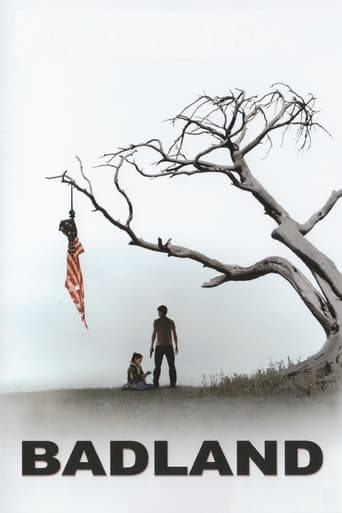
Reviews
How sad is this?
The performances transcend the film's tropes, grounding it in characters that feel more complete than this subgenre often produces.
The story-telling is good with flashbacks.The film is both funny and heartbreaking. You smile in a scene and get a soulcrushing revelation in the next.
It's simply great fun, a winsome film and an occasionally over-the-top luxury fantasy that never flags.
With motion pictures having its share of windy film titles throughout the years, ranging from SOMETHING IN THE WIND (Universal, 1947), WRITTEN IN THE WIND (Universal, 1956), INHERIT THE WIND (United Artists, 1960), and the most famous wind title of all, GONE WITH THE WIND (Selznick, 1939), one of the last great silent movies with artistic style and motion becomes simply called THE WIND (Metro-Goldwyn-Mayer, 1928). Directed by Victor Seastrom, who earlier directed its leading players of Lillian Gish and Lars Hanson in THE SCARLET LETTER (MGM, 1926), re-teams these two here for another classic melodrama where the wind/or cyclone take precedence through parts of the story "of a woman who gave into the domain of the winds."Plot summary: Letty Mason (Lillian Gish) is a young girl from Virginia train-bound through the western prairie to stay with her cousin and family at his ranch in Sweet Water. While fearing the endless sounds of wind as seen through the train window, Letty soon makes the acquaintance of Wit Roddy (Montagu Love), a rugged fellow passenger and cattle trader who takes an interest in her. Once at her destination outside the train station, Letty is met by Ligh Hightower (Lars Hanson) and his friend, Sourdough (William Orlmond), nearest neighbors of her cousin (15 miles away) who have come to take her to the ranch by coach. While Letty gets a warm reception from her cousin, Beverly (Edward Earle), and meeting with his three children (Leon Ramon, Carmencita Johnson and Billy Kent Schaefer), she fails to get the same welcome from his bitter wife, Cora (Dorothy Cumming). During a social gathering, Letty meets with Wirt Roddy once more, who offers his hand of marriage. Because of her closeness towards her husband, the jealous Cora forces Letty to leave her ranch and get herself married. Accepting Wirt's proposal, she discovers through him that he's already married and only wants Letty as his mistress. With nowhere else to go, she chooses the marriage proposal of Ligh instead. Their wedding night is anything but pleasant, considering how both bride and groom are heavily nervous about being alone together. After Letty rejects Ligh's forced intentions, Ligh realizes Letty's hate towards him and decides to earn enough money to send her back home to Virginia. After returning home from working on the prairie, Ligh brings home an injured stranger who happens to be Wirt. Being left alone with him while her husband is out working, Letty soon finds her biggest fear is not so much the endless sounds of the wind, but the very presence of the man who's still obsessed by her.Lillian Gish has come a long way since her days under famed movie director, D.W. Griffith, that began in 1912. After leaving Griffith by 1921, he ventured over to Metro by 1923. During her MGM years, her acting style not only improved, but Gish herself matured greatly as a serious actress. In a plot that echoes her earlier success of Griffith's WAY DOWN EAST (1920), where Gish braved the forceful blizzard winds, this time she goes through extremes of forceful winds of sand, with realistic insane moments where she observes the every movement inside her cabin, and unable to move herself forward through the wind while outside making her escape. Because this is a silent movie, Swedish actor Lars Hanson gets away playing an American prairie man. Most scenes are nearly stolen by the villainous and sometimes scary performance by Montagu Love. Dorothy Cumming as the unfriendly wife also brings chills up and down one's spine in the similar manner of other actress of the time, Gladys Brockwell. William Orlamond, who sometimes resembles that of Lucien Littlefield, is around for some comedy relief as the middle- aged farmer. According to sources, THE WIND had little appeal to movie audiences back in 1928. THE WIND has fortunately aged well and stood the test of time, especially when it surfaced decades after its theatrical release. THE WIND did became a curiosity for many when the climatic windstorm segment involving Gish and Love was clipped into a segment of an 13- week, well-informed history of silent movies documentary "Hollywood" (1980) under the narration of James Mason. Availability to home video with Thames Orchestral Score conducted by Carl Davis in place of original 1928 soundtrack and sound effects went into release by 1988, with five minute introduction by Lillian Gish herself. THE WIND was soon followed by world television premiere on Turner Network Television (TNT) August 26, 1990, followed by another broadcast Christmas Eve (December 24, 1990) as part of its "Silent Night" silent movie festival. In later years THE WIND (at 77 minutes) enjoyed frequent broadcasts on Turner Classic Movies, where, through its revivals, continues to win the appreciation it lacked way back in 1928. (****)
How and why is it that I am only just seeing this amazing film tonight (on TCM) for the first time?!?! Truly, a gorgeous piece of filmmaking. Though a silent film, each frame of this stunning film exudes volumes of dialog. Lillian Gish is not only radiantly beauteous, but Lars Hanson was powerfully moving. I hope that TCM will offer as many films by both of these actors as are available. As for the film, the cinematography was rich and inspired. And, for anyone who has never experienced being in a place where the wind can blow for days on end, this film does indeed capture the emotional effect such wind can have on a person ... all without any sound at all!! What else can I add except for DEEP and sincere appreciation of the herculean efforts of all in realizing this film!! If you haven't seen this film, by all means do! If you already have, see it again ... or better yet, add it to your home collection.
I heard Lillian Gish's promo before the film showed on TCM, and I was intrigued to watch a film that so many promoters/distributors did not want to show, even with altered endings.I've watched many silent era films, including those by Hitchcock, Murnau, Wiene, West and more, and I have to say that The Wind is my second favorite, a close second to Das Cabinet des Dr. Caligari being my hands down favorite. It was refreshing to see a silent film without scene after scene of conversation narrowed down to one title card, over the top performances, odd camera direction and uncomfortable shots.This film is a great example of a controlled film during the silent era. Gish was spot on, allowing Letty's insanity build but not in a grotesquely overacted way. Right before the end, when her insanity climaxes, she just touches being over the top but never flies on over. A place that Gish could have flown (or been blown) over the top but didn't is the Norther Madness scene with Letty and Roddy. I love how Letty looks surprised at how something as small and quick as a gunshot could do so much damage, after fighting off the giant overwhelming sandstorms for weeks. The subtlety in that shot, the way it was played, the steadiness of the camera, the wide shot conveying the vulnerability of that one small woman against a world of sandstorms and hostility, was captured beautifully in that very short but perfect shot.I was very glad that Cora, played by Dorothy Cumming, was reeled in a bit and not allowed to appear possessed as the 'bad' women in silent films often did. Montagu Love as Roddy was dripping with disgust but not to the point of unbelievable. Lige, played by Lars Hanson, was a little stiff but not to the point of making the film uncomfortable. The rest of the supporting cast were good and gave the film a depth that was not overshadowing to the story but added just the right amount.The jump cut when Letty is on the train in normal clothing to Letty suddenly being dressed in hat and coat was a bit jarring, but the rest of the film was edited and shot brilliantly. The comparison shots with the kids between Letty and Cora were done tastefully. The delicate way the two women were contrasted during the ironing/gutting scene was very simple yet showed women from two completely different places, both mental and physical that the audience could clearly understand w/o a lot of undue conversations. The many processed shots, especially with the Indian Ghost Horse, were excellent, the tornado special effect was done decently, and the sand shots added strong texture to the film. I could list many more wonderful shots, but I suggest you watch the film instead.Considering how miserable the film was to make, how many difficulties the cast and crew had getting the film in the can and shown in theaters, I have to say that I am very glad they went through the trouble. I will definitely watch The Wind again the next time it blows through.
MAJOR SPOILERS This was very much a Lillian Gish project apparently. The actress presented MGM with a treatment of Dorothy Scarborough's novel (from which Frances Marion wrote the script) and hand-picked her director and leading man. The result is a film that is rightly regarded as a silent classic, but which also emphasises the changes all aspects of film-making would undergo with the introduction of sound. In fact, the film bombed when it was released, and it was only long after its initial release that it was re-assessed.Lillian Gish is very much the star of the film, and its easy to understand why she was such a major star of the silent screen. Her beauty is luminescent, and she has a fine natural style that largely avoids the grand gestures employed by some contemporaries whose reputations haven't stood the test of time as well as Gish's has. Swedish actor Lars Hanson, whose US career would be finished by the introduction of sound, also gives an impressive naturalistic performance, conveying more with his eyes than facial gestures. And the assured direction of the great Swedish director Victor Sjostrom adds class to a thin plot that could have been pure melodrama in the hands of a less accomplished director. The scenes following Letty's murder of Roddy - another great performance, this time from Montagu Love - in which she imagines the wind uncovering his body are especially powerful. It should also be mentioned that the final dramatic scenes are enhanced immeasurably by a flawless soundtrack from Carl Davis.It's ironic that MGM insisted the original ending - in which a crazed Letty wanders off to certain death in the desert - be changed for a less powerful, but still satisfying happy ending. With the introduction of the Hays Code just a few years after this film was produced, the studio would have insisted that the troubled Letty be denied a happy outcome because she has committed the crime of murder...
